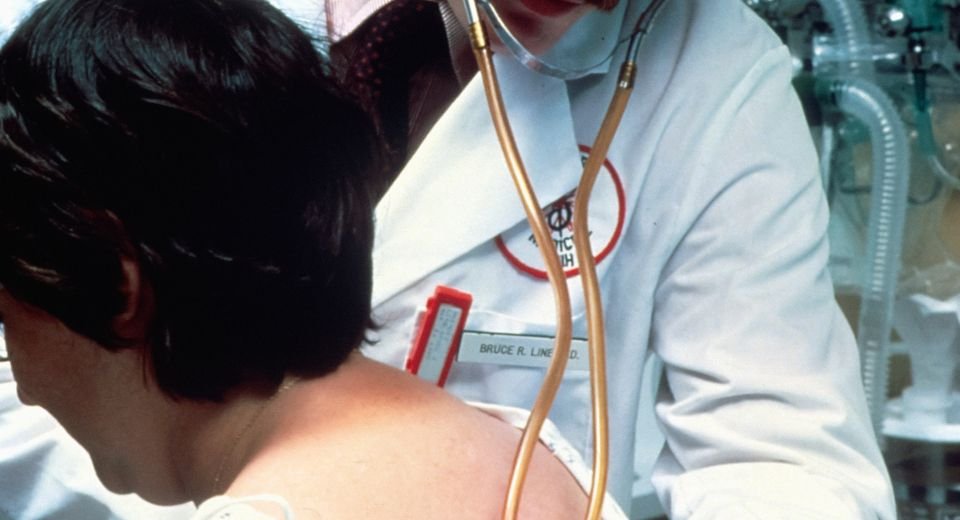HQ Team
December 29, 2022: Drug regulators started investigating Marion Biotech after Uzbekistan alleged 18 children died in Samarkand city following the consumption of cough syrup made by the Indian company.
“There have been reports from Uzbekistan concerning contaminated cough syrup Dok1 Max made by Indian company Marion Biotech, Noida, Uttar Pradesh,” according to a government statement.
The Central Drugs Standard Control Organisation (CDSCO) has been in regular contact with the national drug regulator of Uzbekistan since December 27, 2022.
“Immediately on receipt of the information, joint inspection of the Noida facility of the manufacturer, Marion Biotech, was carried out by UP Drug Control and CDSCO team, and further action as appropriate would be initiated based on the inspection report,” according to the statement.
Samples taken
The samples of the cough syrup have been taken from the manufacturing premises and sent to Regional Drugs Testing Laboratory, Chandigarh, for testing.
Marion Biotech is a licensed manufacturer and holds the license for manufacturing Dok1 Max syrup and tablets for export purposes granted by the Drugs Controller, Uttar Pradesh, according to the statement.
The Ministry of Health of the Republic of Uzbekistan stated that until now, 18 out of 21 children with acute respiratory disease have died due to taking Doc-1 Max syrup.
Tablets and syrup Doc-1 Max made by an Indian company in Uzbekistan were registered in 2012 and went on sale in the same year.
Each drug series was tested with the subsequent issuance of a certificate of conformity, according to the Agency for the Development of the Pharmaceutical Industry. Quramax Medical LLC imported the drug.
Ethylene glycol
Preliminary laboratory studies have shown that this series of Doc-1 Max syrup contains ethylene glycol.
“This substance is toxic, and about 1-2 ml/kg of a 95% concentrated solution can cause serious changes in the patient’s health, such as vomiting, fainting, convulsions, cardiovascular problems and acute kidney failure,” according to the Ministry of Health.
Earlier this month, the Indian government cleared Indian drugmaker Maiden Pharmaceuticals, which was linked to the death of 66 children in Gambia after taking cough syrups made by the company.
The samples were tested in a government laboratory and did not have diethylene glycol or ethylene glycol contamination; the Indian drug regulator told the WHO.
A statement issued by the WHO in October in the wake of the deaths “was unfortunately amplified by the global media which led to a narrative being built internationally targeting the quality of Indian pharmaceutical products,” Drugs Controller General of India (DCGI) Dr V. G. Somani had said.
Uzbekistan reported side effects in children due to taking the Doc-1 Max in Samarkand. Based on the relevant order of the Ministry of Health, the members of the working group conducted an internal investigation into the fact with a site visit.
No prescription
At the same time, the Uzbekistan government said the deceased children were found to have taken the drug at home for between two and seven days, three times a day, which exceeded the standard dose.
All the children were the drug without a doctor’s prescription, and since the main component was paracetamol, parents “incorrectly” used it as an anti-cold remedy.
“And this was the reason for the deterioration of the condition of the patients,” according to the Ministry of Health in Uzbekistan.
Seven responsible employees were dismissed due to negligence and “inattentive to their duties.”
They were also held accountable for not analysing child mortality promptly. Disciplinary measures were applied to several specialists. The syrup has been taken off the shelves in the country.
“There are signs of a crime; all responsible employees were fired, and the materials were transferred to law enforcement agencies.”
